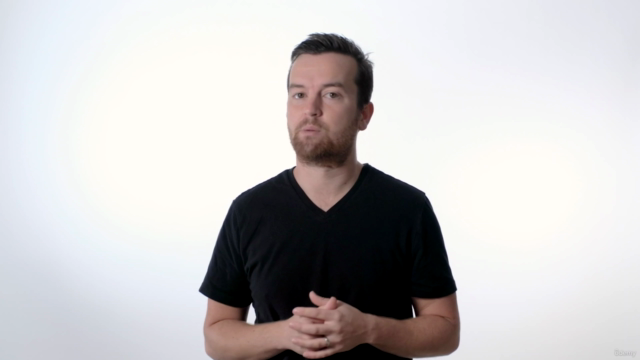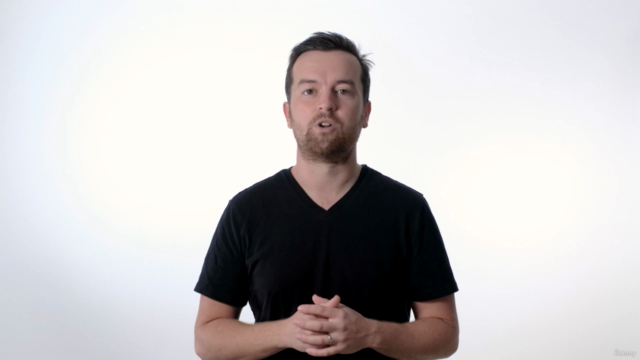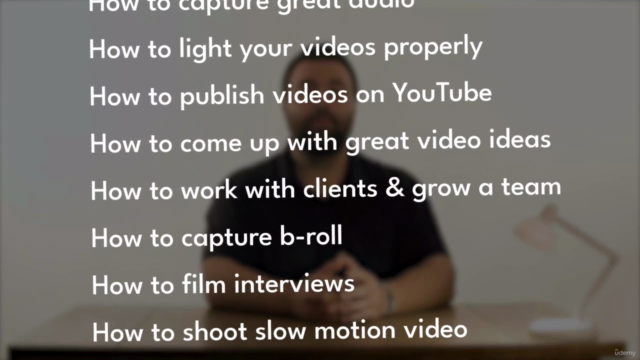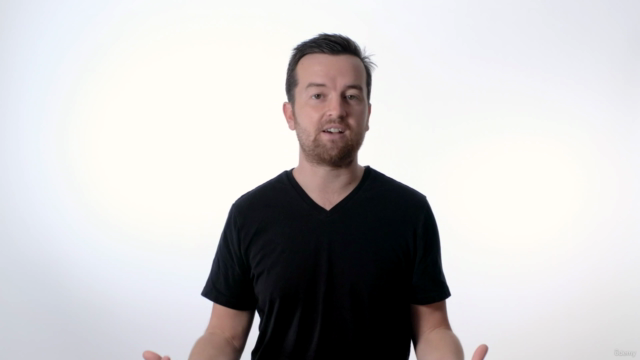14 Day Video Production Challenge: Plan, Film & Edit Videos

Why take this course?
¡Hola! It seems like you've provided a detailed outline for a video production course that covers a wide range of topics, from camera basics and lighting to sound recording, storytelling, and both Premiere Pro and Final Cut Pro editing. This comprehensive curriculum is designed to take students through the entire process of video production, ensuring they have the skills to create high-quality videos by the end of the course.
If you're looking to enroll in such a course or if you're an instructor preparing to teach it, this outline provides a solid foundation for both learners and educators. It's great that the course is designed to be accessible to beginners while also offering valuable insights for more experienced videographers and editors.
Here are a few additional points you might consider including or focusing on during the course:
-
Pre-Production Planning: Emphasize the importance of pre-production, which includes scriptwriting, storyboarding, scheduling, and casting (if applicable).
-
Color Theory and Grading: Go into detail about how color affects emotion in video and how to use color correction and grading to enhance the visual appeal of the footage.
-
Post-Production Workflow: Discuss a typical workflow for post-production, including organizing media, logging takes, editing, adding effects, sound design, and exporting the final product.
-
Legal Considerations: Cover basic copyright, fair use, and other legal issues that video producers should be aware of to avoid legal pitfalls.
-
Distribution Channels: Talk about the different platforms available for distributing videos (YouTube, Vimeo, social media, etc.) and best practices for each platform.
-
Project Management and Team Collaboration: Offer insights into project management software and tools that can help in coordinating teams and keeping projects on track.
-
Real-world Application: Provide case studies or examples of successful video projects, breaking down what worked and what could have been improved.
-
Marketing and Promotion: Teach students how to effectively market and promote their videos to reach the intended audience.
-
Feedback and Iteration: Encourage students to seek feedback on their work and to iterate on their projects based on that feedback to improve the final product.
-
Continued Learning: Finally, remind students that the field of video production is always evolving, so it's important to stay up-to-date with new technologies, trends, and techniques.
By incorporating these elements, you can ensure that the course not only teaches the technical skills needed but also provides a well-rounded education in video production. Good luck with your course, whether you're taking it or teaching it!
Course Gallery




Loading charts...